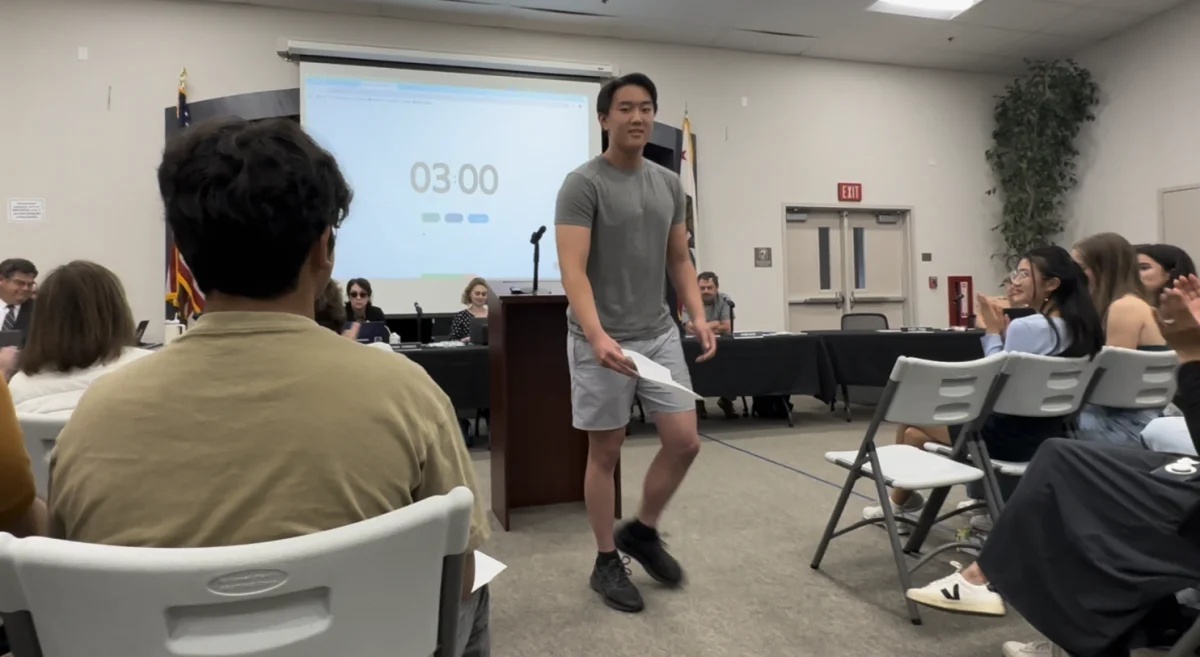As fourth quarter rolls around, one of the most common questions asked among students is “How many APs are you taking next year?” It is not uncommon to hear a reply of three or higher. There seems to be an unsaid rule that the more challenging classes you take, the better. This is likely a result of the open access policy, which has removed most of the prerequisites for AP and Honors classes.
However, open access has been overall detrimental both to students and teachers. As a result of the current policy, students need only sign a contract stating that they recognize that they may not be able to drop an AP or Honors, and they are in the class.
Teachers have suffered due to open access because of the larger range of skills that AP/Honors students have upon entering the class. This has made it harder to teach and ensure that all students have a thorough understanding of a subject before they are forced to move on and cover new material.
“We have to go beginning to end more thoroughly, rather than moving past the basic stuff,” math teacher Steve Cochran said. “We still have the same curriculum and haven’t lowered standards. We just answer more questions, which obviously makes teaching more difficult.”
Before open access, most advanced classes required students to meet certain grade standards to make sure students had the skills and experience to succeed. Students could also get a teacher recommendation or take a test to place into the class. This ensured that only students who really were qualified to be there could take AP or honors classes.
Now, however, most students load up on higher level courses solely to decorate their résumé. While colleges do consider course load as a factor of admission, it is better to take fewer difficult classes and do well in everything, rather than do poorly across the board because the student was not prepared for the level of work.
“I’ve had more students not pass the AP exam because they didn’t understand the process of studying,” biology teacher Suzanne Williams said. “I get more C’s and D’s now … Prior, I had mostly A’s and B’s, and a few C’s.”
Thus, although open access is beneficial as it increases classroom diversity by allowing more students to take challenging classes, the current use of the policy generally proves harmful to most teachers and some students.
Students should remember that even though they can sign up for as many AP/Honors classes as they’d like, it is important to make sure their courseload is balanced so they can get the most out of their academic experiences. They need to avoid exploiting the policy to get into classes they are not prepared or motivated to do well in, if they don’t want to defeat the purpose of open access.
Students Should Not Exploit Open Access
May 4, 2009
Story continues below advertisement
0








